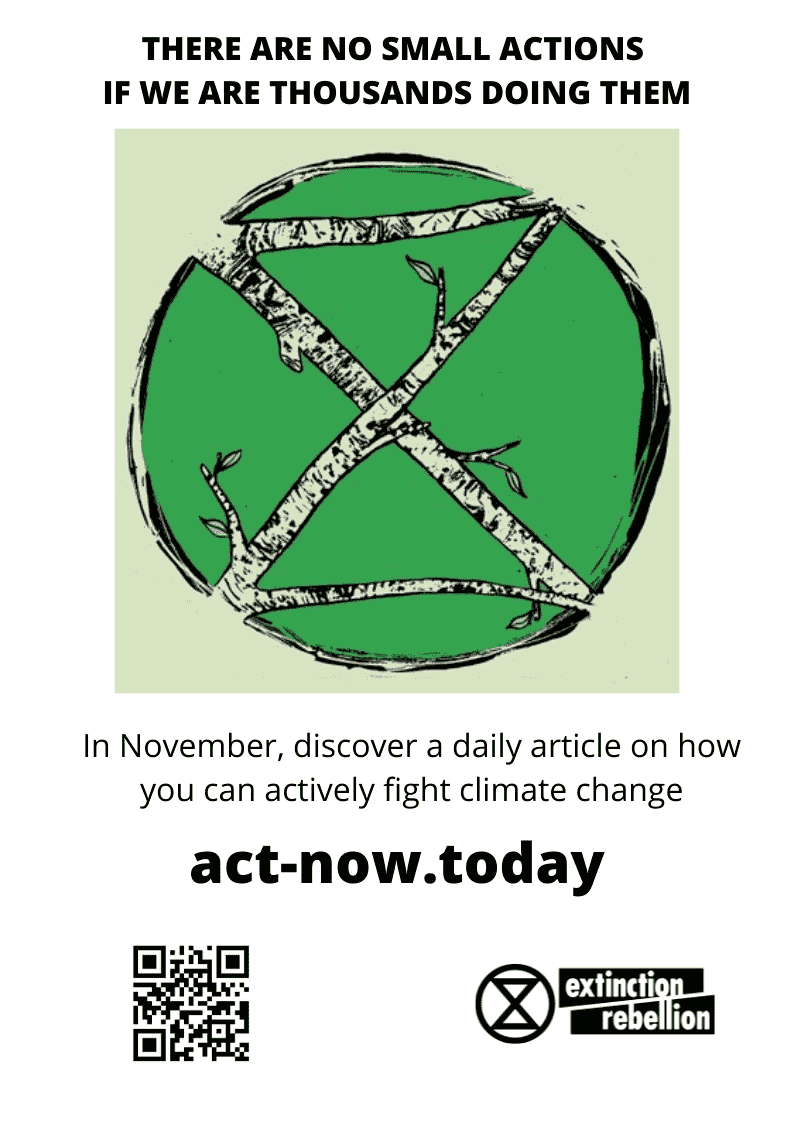Sharing

All this month, we have been sharing our ideas, tips and thoughts on what you can do as an individual. These acts are not sufficient on their own, but they are nonetheless necessary.

All this month, we have been sharing our ideas, tips and thoughts on what you can do as an individual. These acts are not sufficient on their own, but they are nonetheless necessary.

What with plastic baubles, energy-guzzling fairy lights, and a mountain of gifts, packaging and wrapping paper at the foot of the Christmas tree, it's fair to say this is not the most eco-friendly time of the year.

It can be tricky to keep your ecological footprint low when you need to buy something new. This is where ethical brands come in, offering sustainability and a relatively low environmental impact.

Given the ecological footprint of our products and goods manufacturing, it is important to extend their use and life.
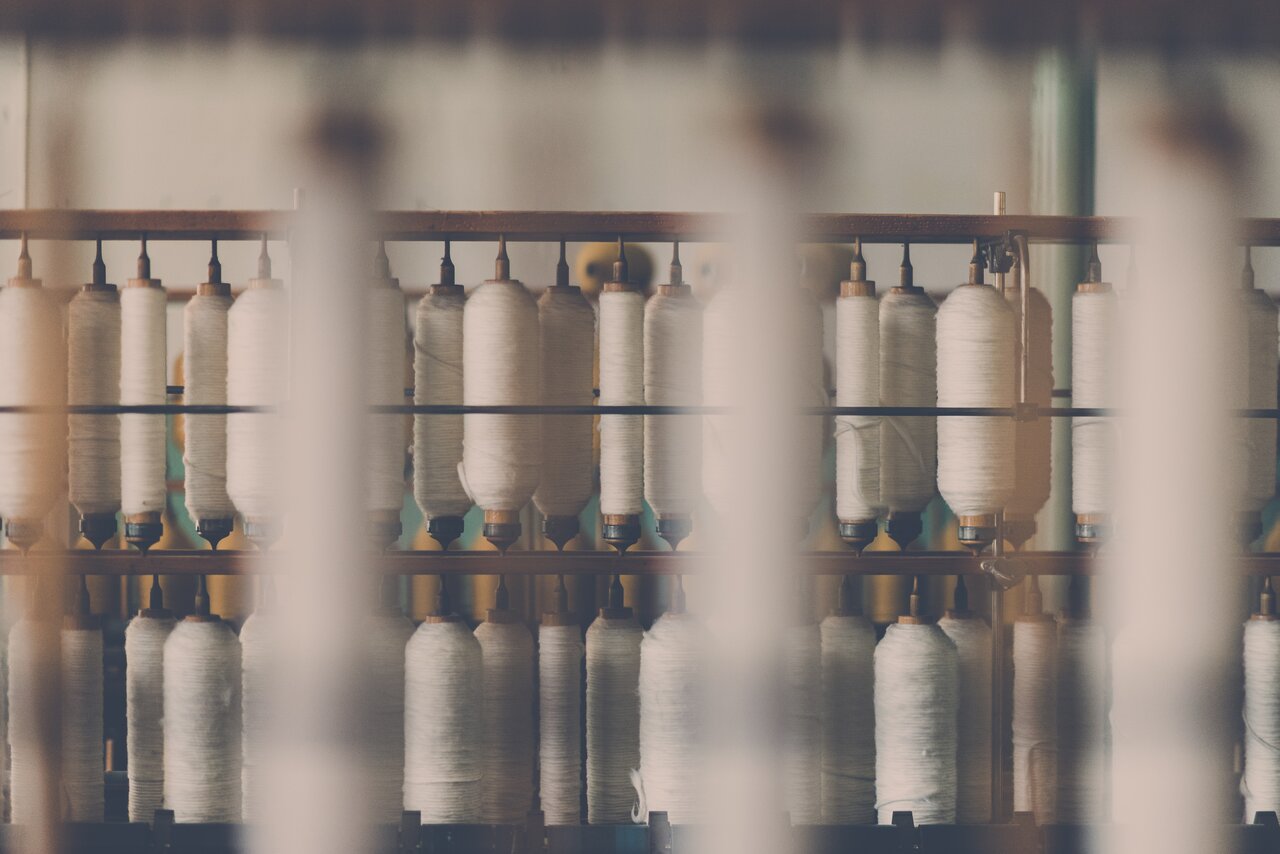
The textile industry is one of the most polluting industries in the world. From the manufacture of raw materials to the distribution of finished products, the impact on the environment of clothing companies is significant and only a few act to reduce their impact on climate change.

According to the OECD (Organisation for Economic Co-operation and Development), green growth means "promoting economic growth and development, while ensuring that natural assets continue to provide environmental resources and services on which our well-being is based"

In a few days it will be Black Friday, a perfect symbol of overconsumption, and a synonym for the overproduction of goods involving tremendous amounts of often non-renewable resources, and pollution.

No one can deny that the environment is a particularly distressing subject at the moment. It's perfectly normal to experience emotions such as anger, fear, impotence, grief or exhaustion. These are healthy reactions that show we are aware of the situation.

December is coming and the shops are already full of beautiful advent calendars for young and old. This charming-turned-commercial tradition has become yet another pretext for even more consumption.
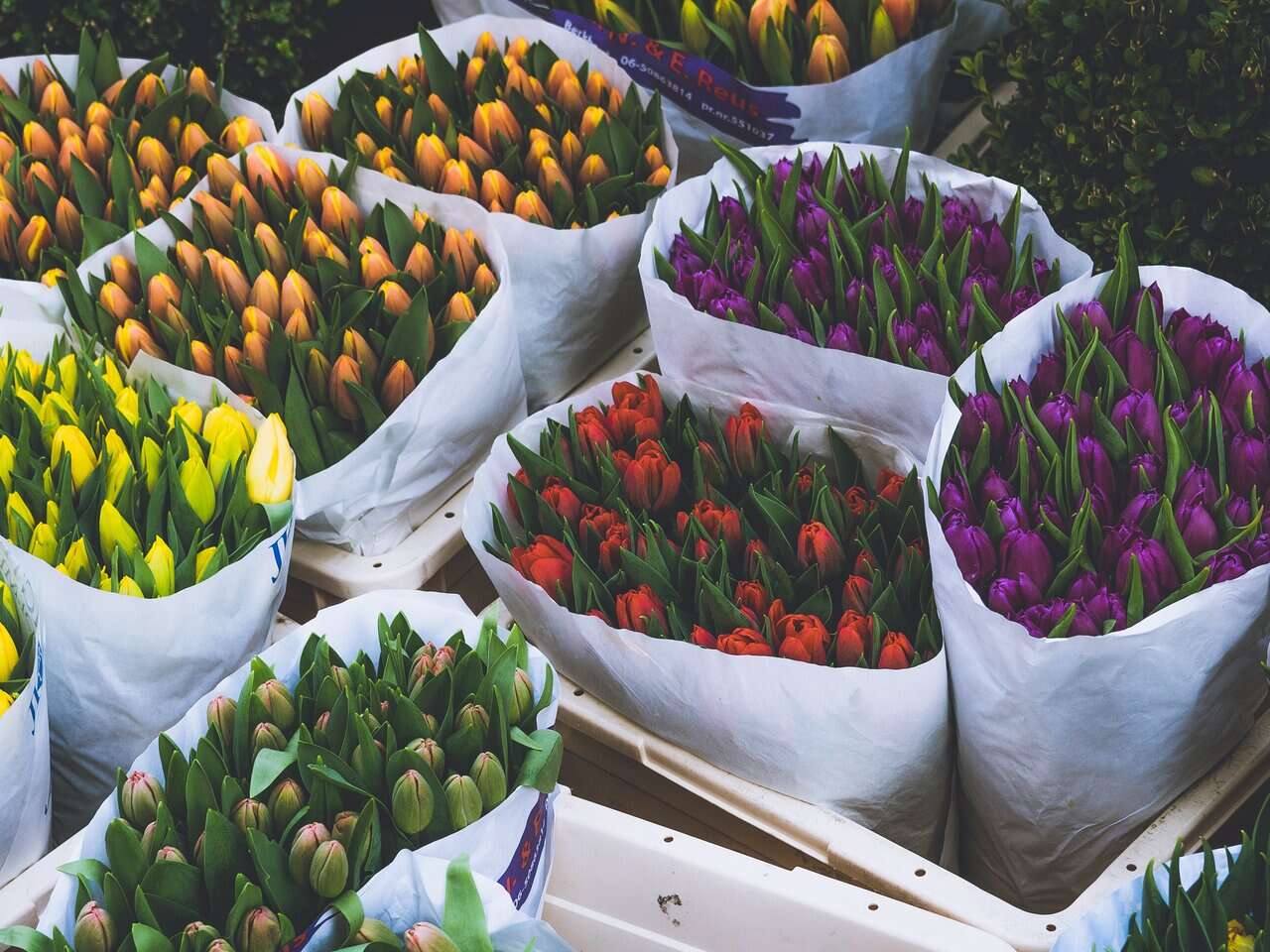
Just like fruit and vegetables, flowers are seasonal and and produced in different countries.
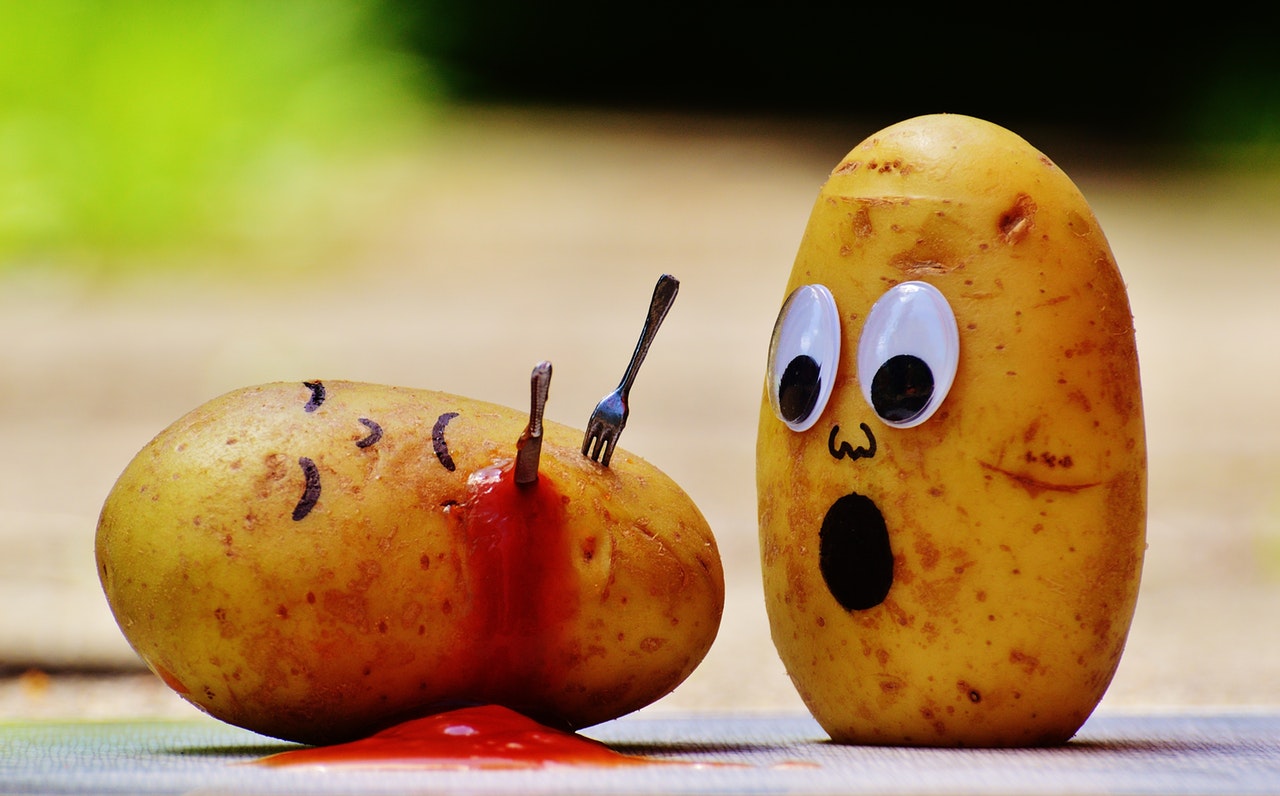
From field to plate, nearly 30% of total food production is wasted worldwide. In Switzerland, avoidable food losses represent 25% of the environmental impact of food. 38% of these losses come from households.
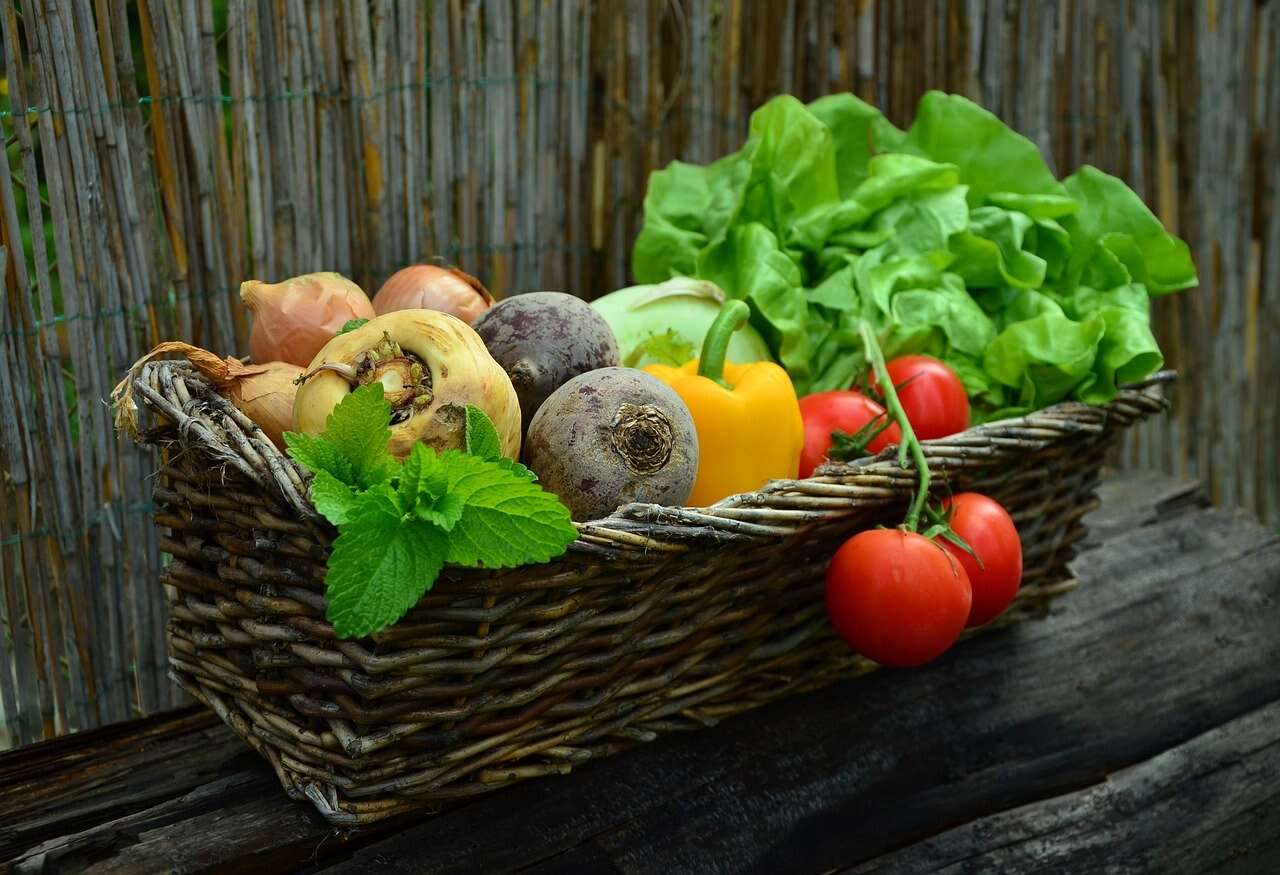
Eating more sustainably means buying more fruit and vegetables, seasonal, organic and local.
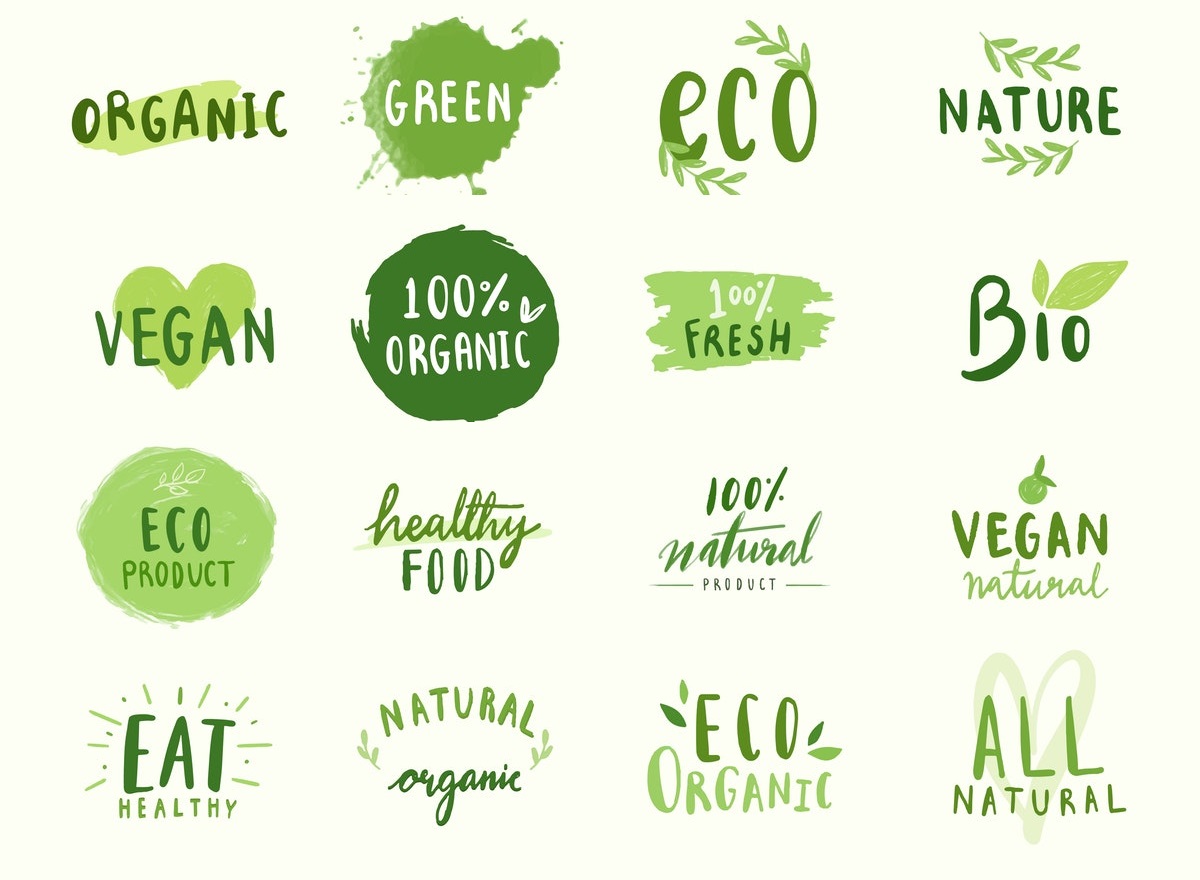
In the report published in August 2019, the scientists of the Intergovernmental Panel on Climate Change (IPCC) drew attention to the fact that we are currently not using our land sustainably, and that this has a direct impact on climate change.
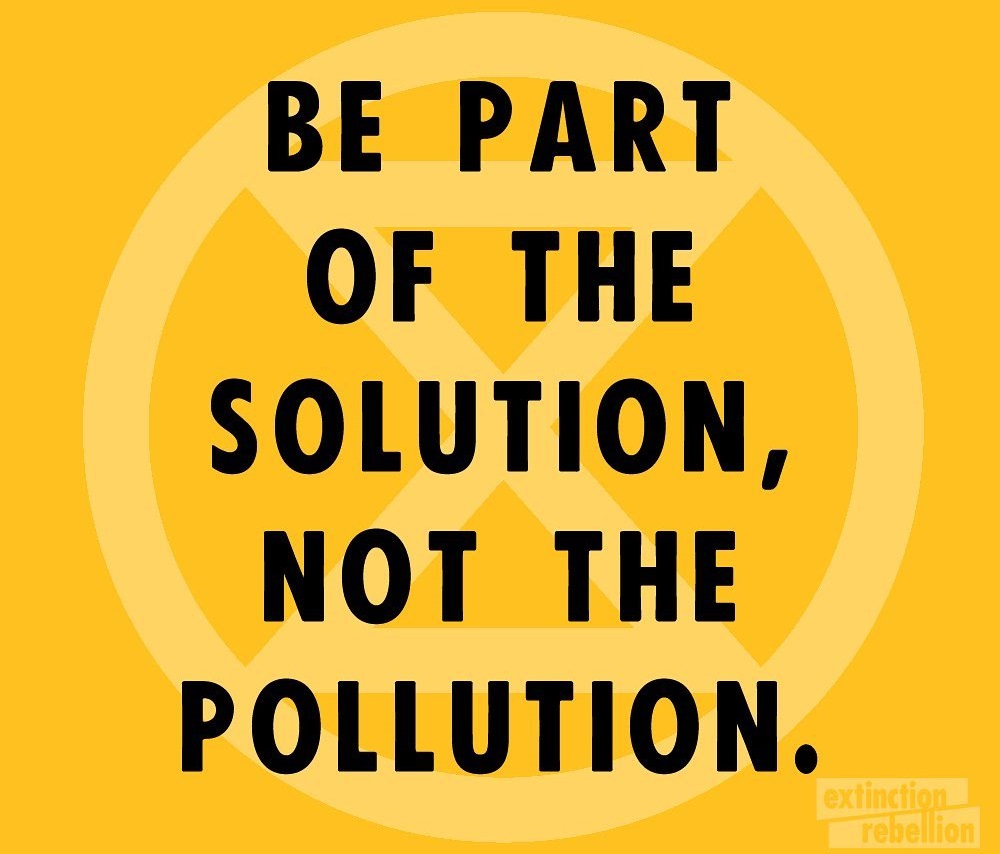
Individual actions are essential to bring about a societal transformation and counteract climate change, but on their own they are no longer sufficient.

With nearly 4% of global CO2 emissions, digital technology pollutes more than air transport.
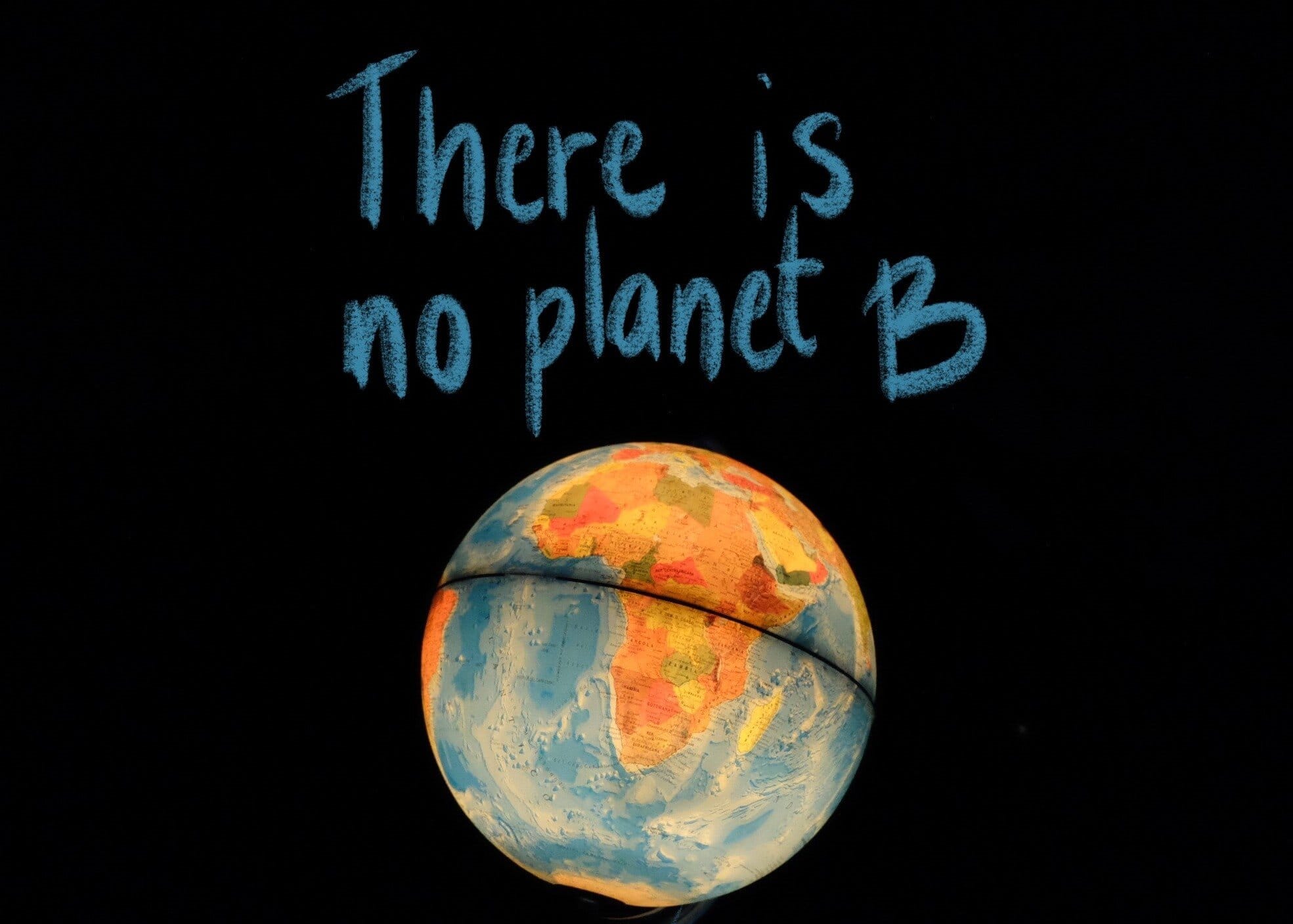
We all have an ecological footprint, which varies according to the country we live in.
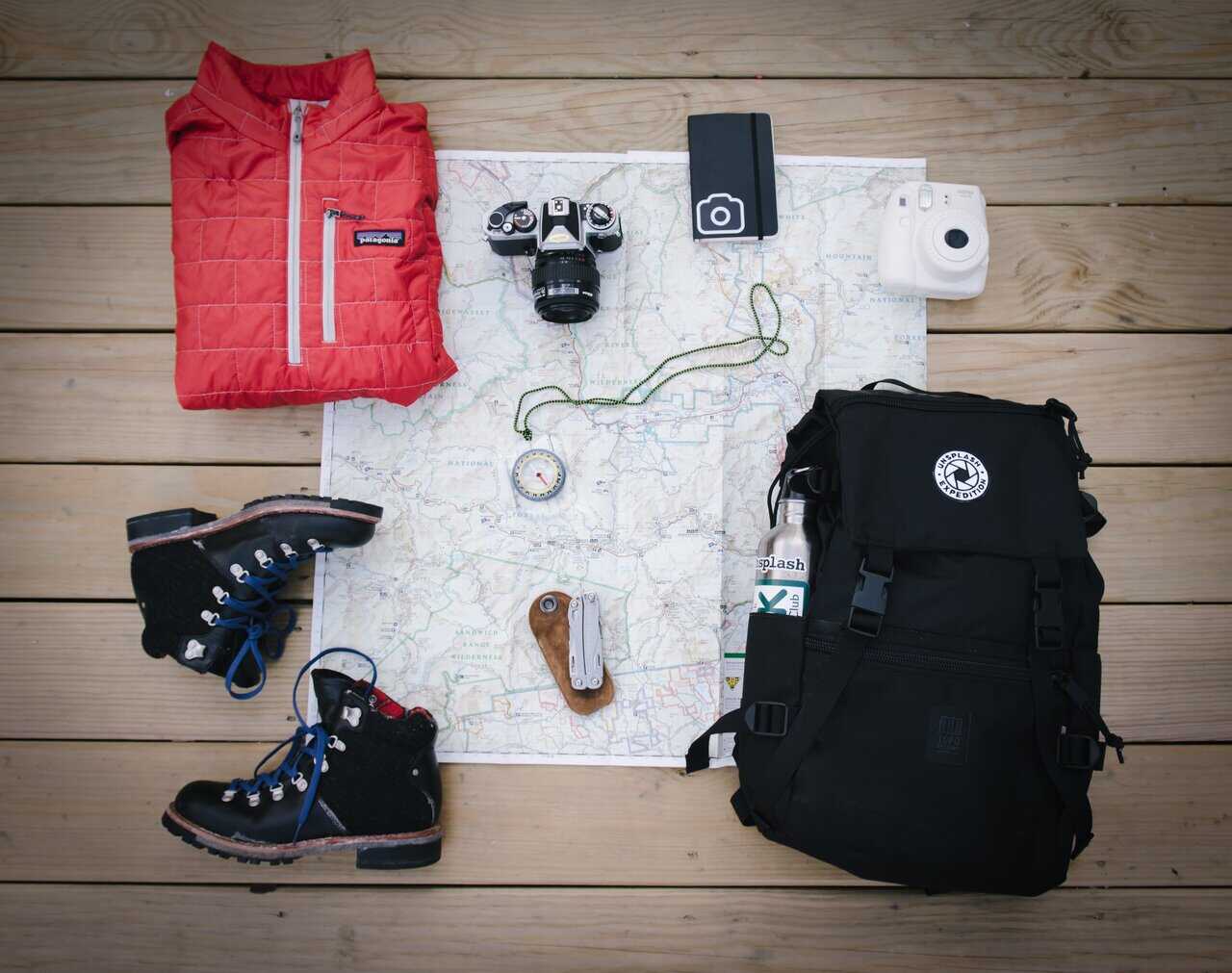
According to a 2018 study published in the journal Nature Climate Change, in 2013 tourism accounted for 8% of global greenhouse gas emissions.
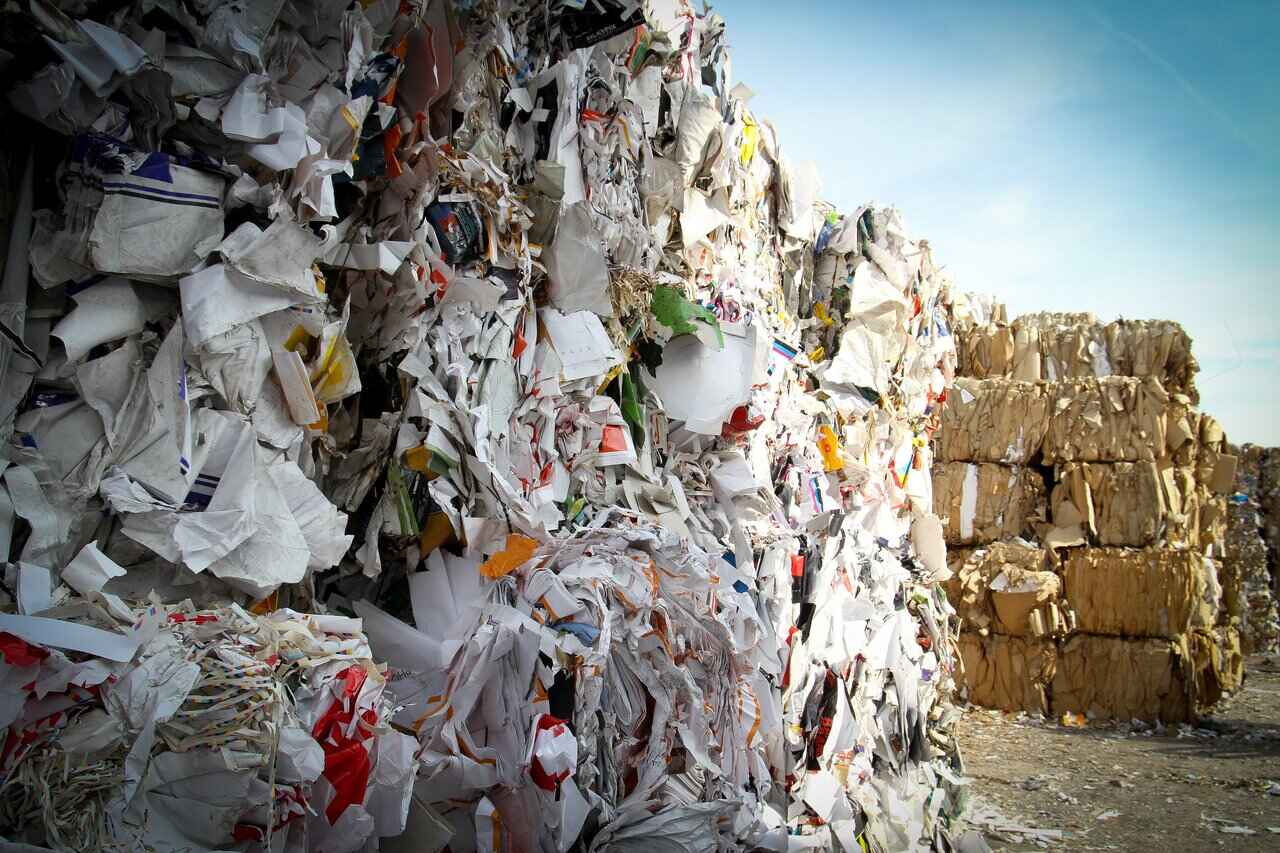
According to WWF, The pulp and paper industry, which includes products such as office and catalog paper, glossy paper, tissue and paper-based packaging, uses over 40 percent of all industrial wood traded globally.

According to the Federal Office for the Environment, road transport in Switzerland is the largest source of greenhouse gas emissions

Switzerland, also known as the "water tower of Europe", has an abundance of water sources. Yet, the world’s fresh water supplies are limited, and Switzerland will probably face, one day, water shortages.
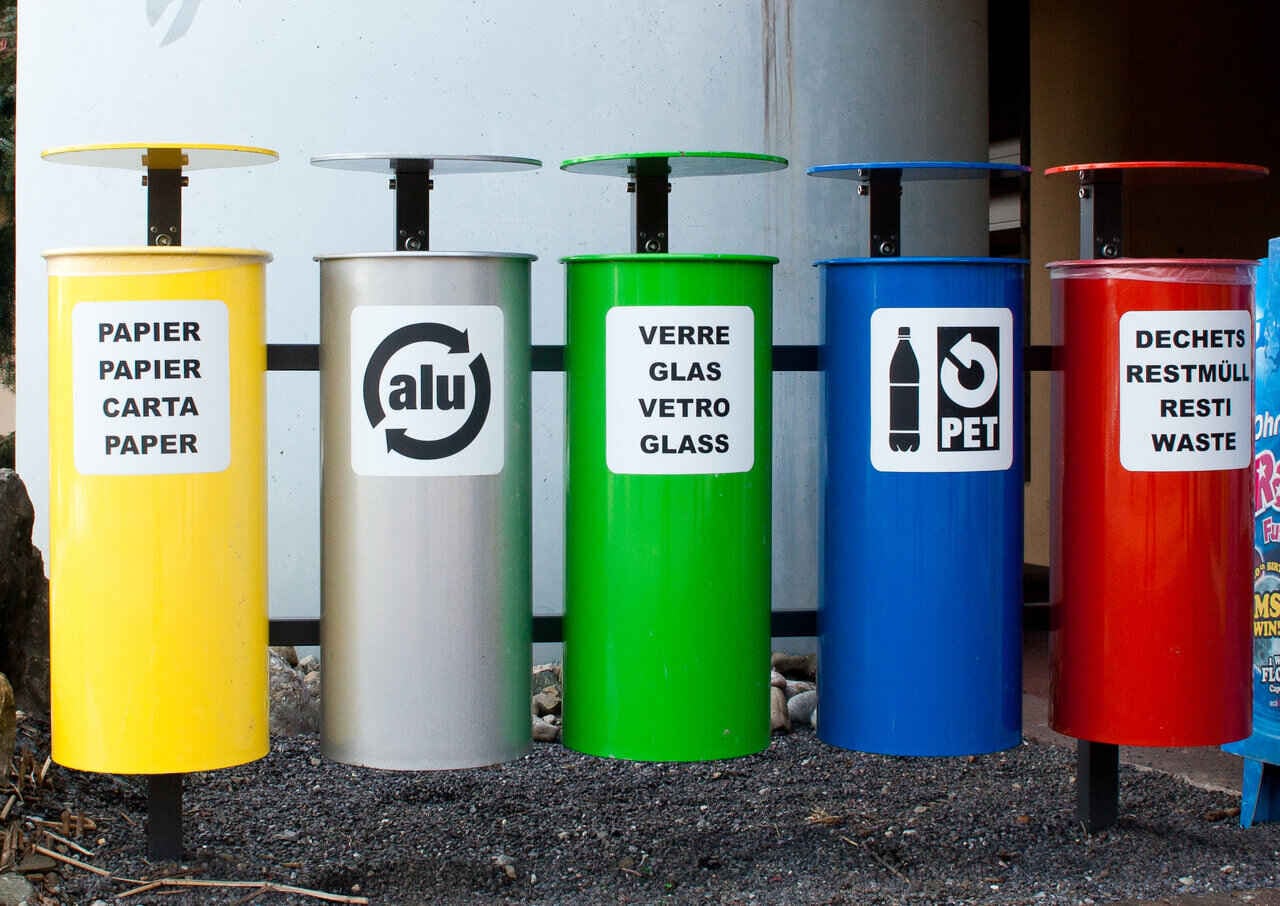
According to Eurostat, Switzerland records more than 700 kg of waste per year per inhabitant. This places us third in European comparison
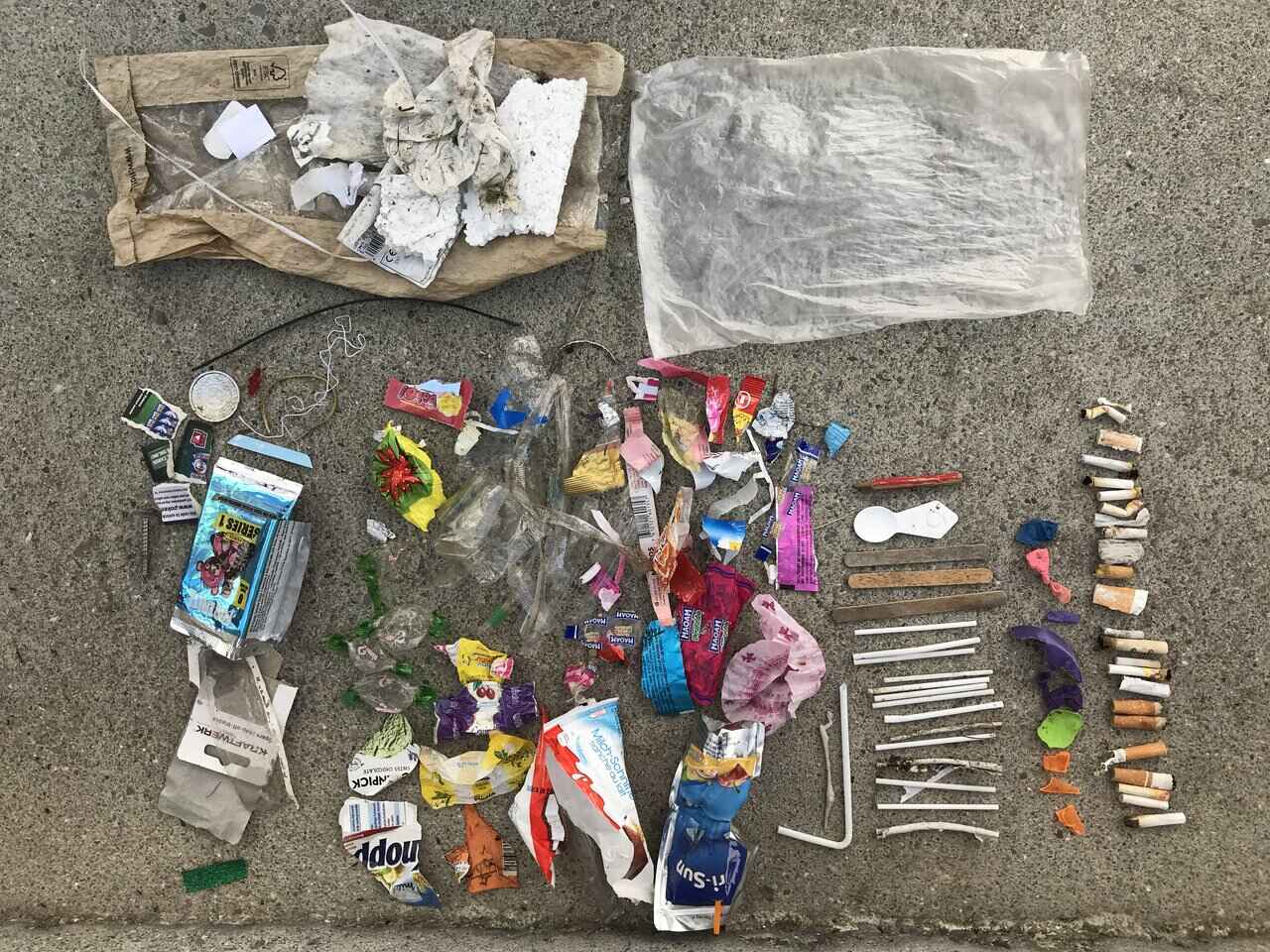
Outside, waste should be banned, not reduced!
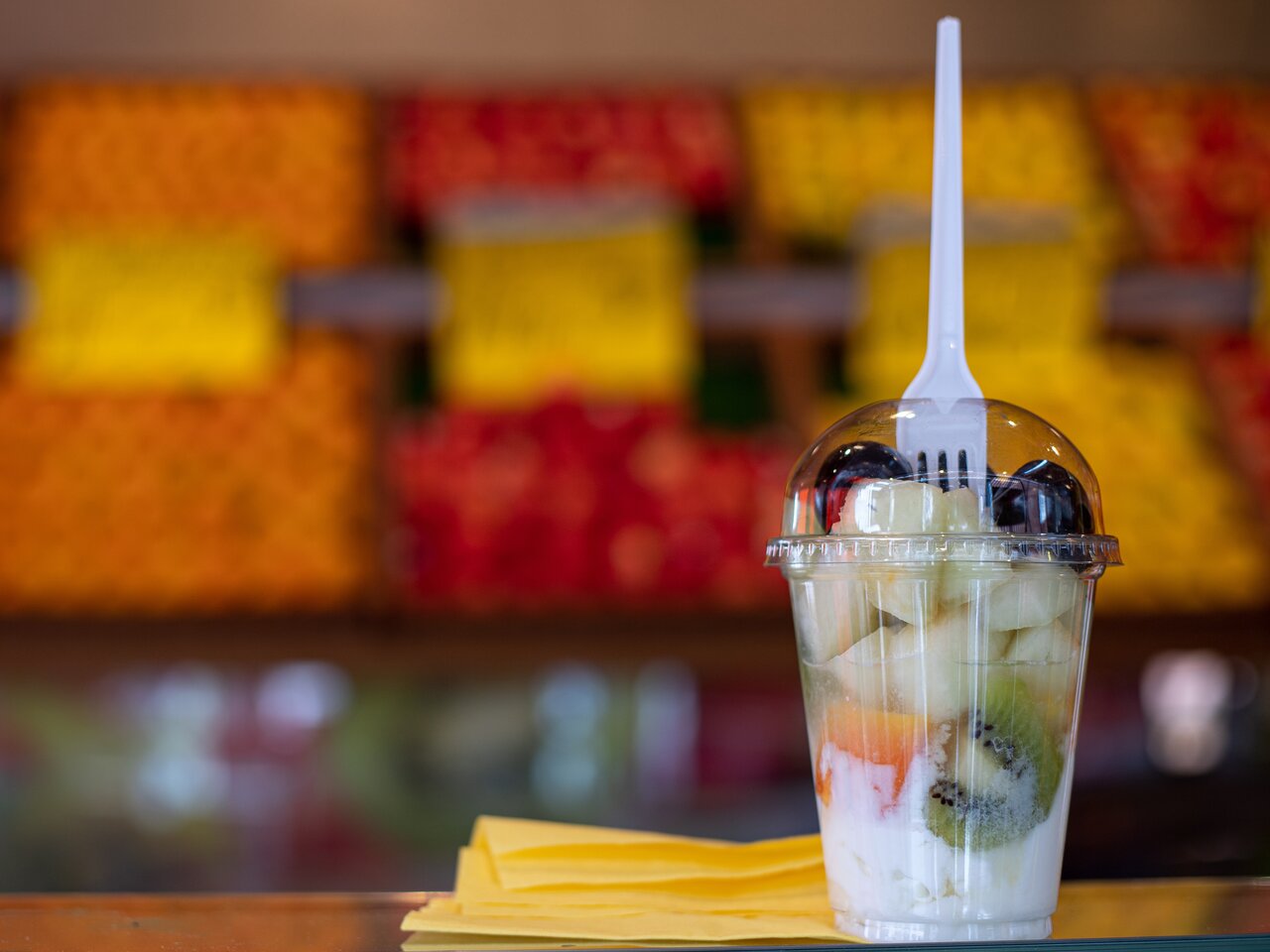
Takeaway items are inducing lots of waste. They are also very present in the office.

Today we continue our home tour, tackling the waste in the bathroom!

In our homes, the kitchen usually has the heaviest load of plastics and single-use products
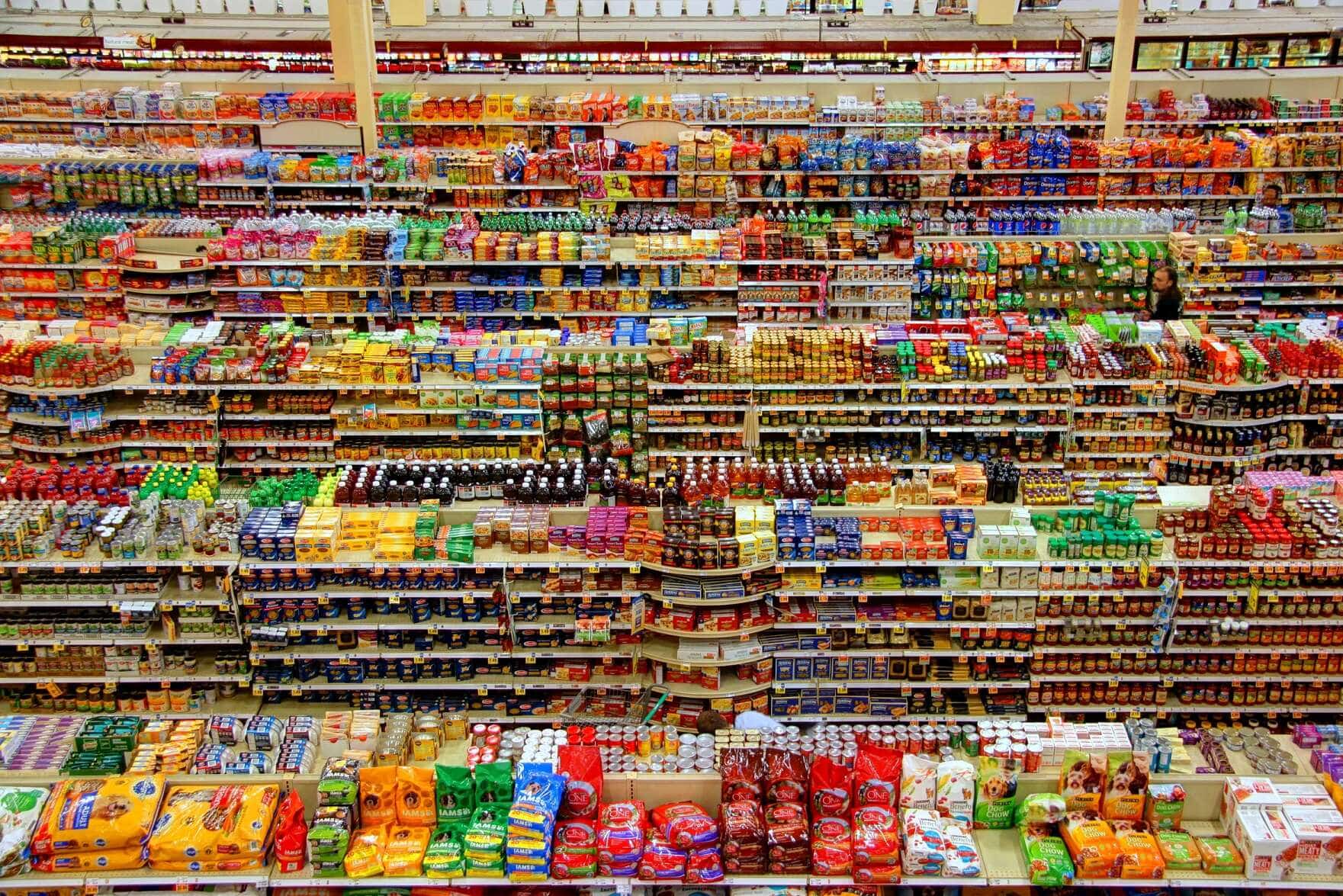
To reduce waste from the supermarket, it is ideal to gradually change your purchasing habits and avoid single-use packaging as much as possible.
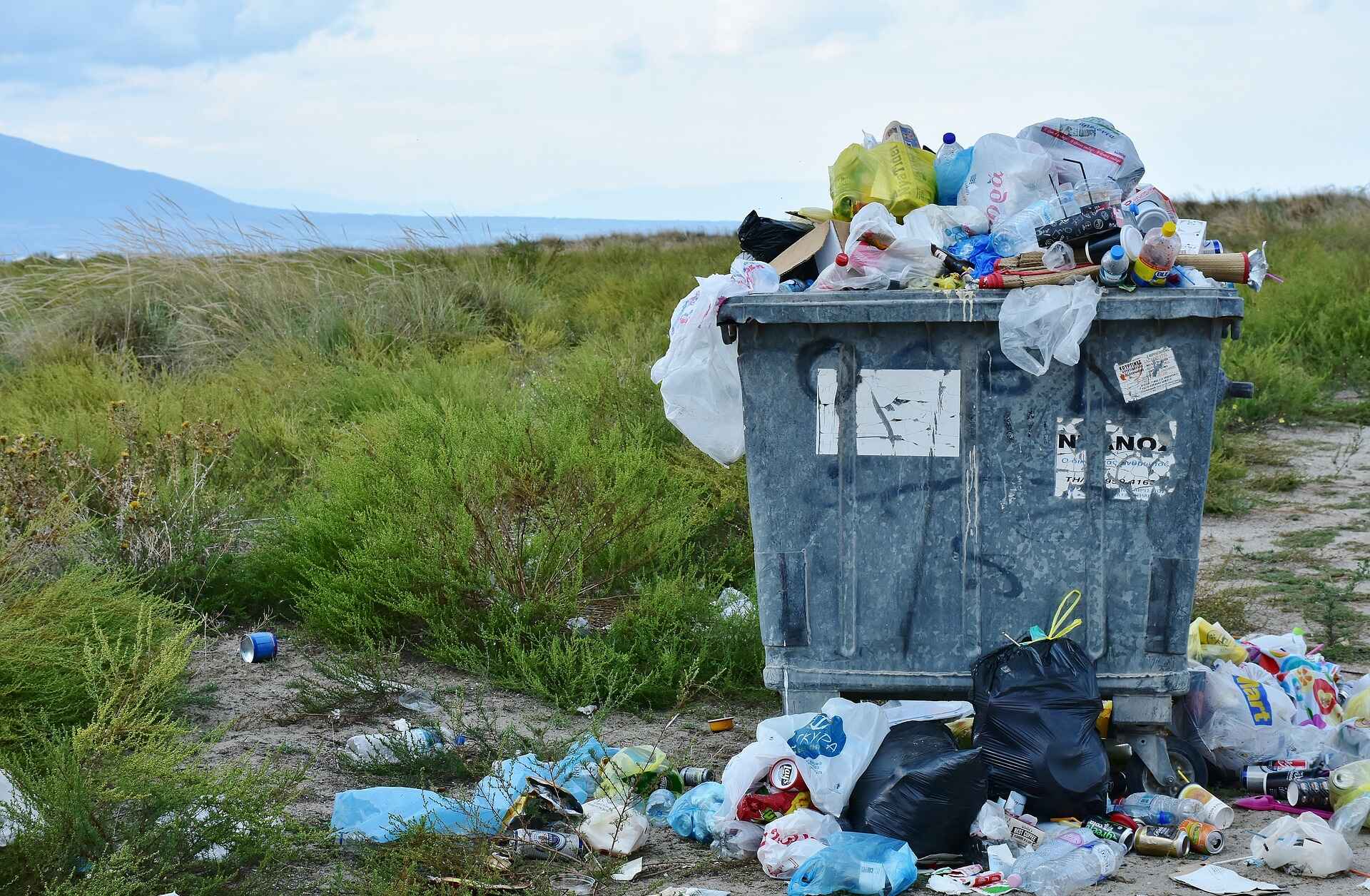
Refuse, Reduce, Reuse, Recycle, Rot
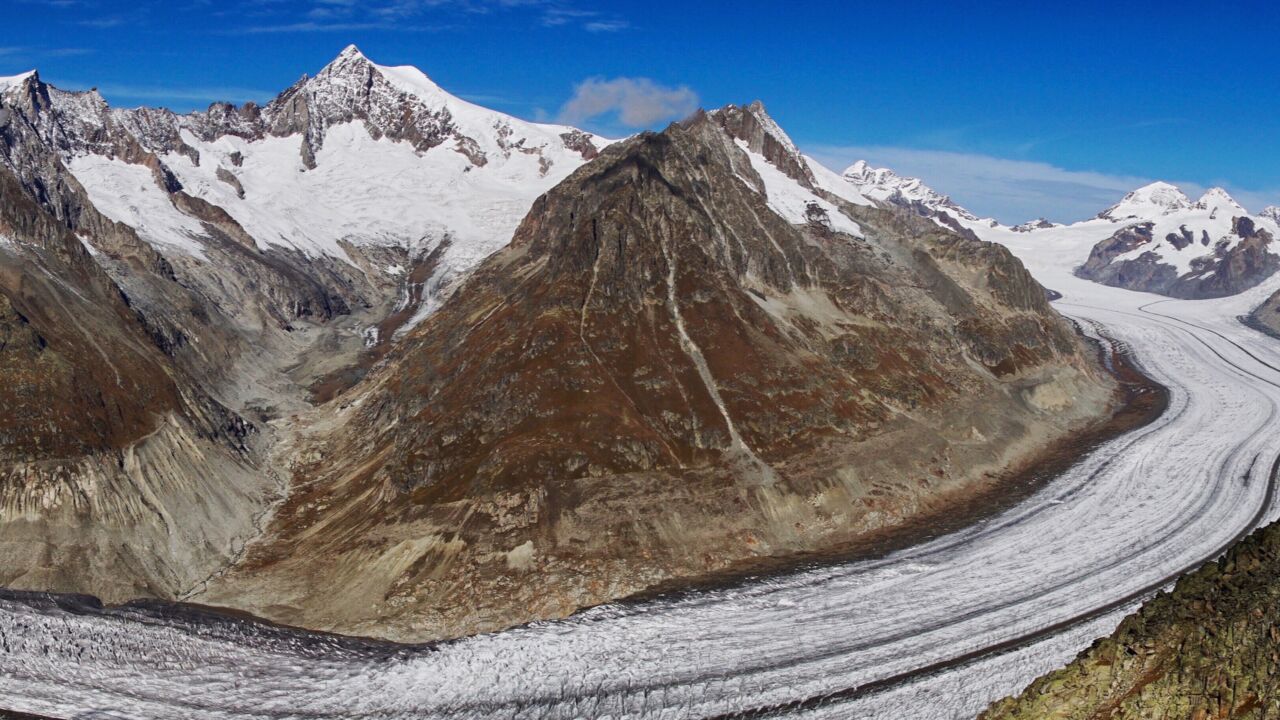
Why is this important?

Some of our devices can consume a lot of power even when switched off.

The days are getting shorter and we switch the lights on earlier and earlier.
